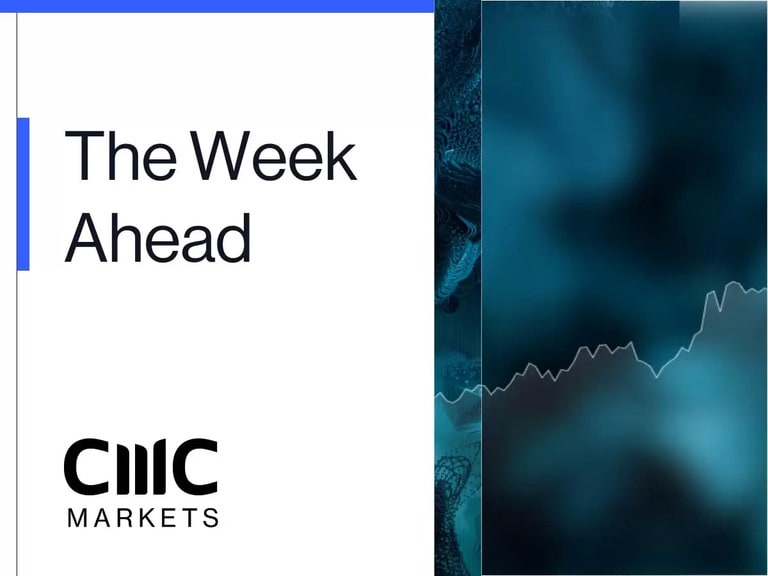
Wall Street snapped a week-long losing streak as bond yields eased surging, while oil futures tumbled on demand concerns, along with an accelerating devaluation in Chinese Yuan and Japanese Yen. China extends the covid-lockdowns in its major city Chengdu, which continued to weigh on energy and base metal prices. However, the weakened demand outlook in commodity markets helped reinforcing an expectation for cooling inflation, sending a relief to the Fed-led selloff in risk assets.
- The Dow Jones Industrial Average rose 1.4%, the S&P 500 was up 1.84%, and Nasdaq advanced 2.14%. 10 out of the 11 sectors in the S&P 500 finished higher, with consumer discretionary and utilities leading gains, both up 3%. Energy was the only sector that closed in red due to a slump in the oil prices.
- Apple unveils the iPhone 14 series products without price increases, including a 6.1-inch screen of iPhone 14 Pro, and a bigger model of iPhone 14 Max with longer battery life and better low-light photography. It also introduced satellite emergency service feature to the new phone series, allowing users to send SOS messages without a cellular connection.
- GameStop’s shares soared 10% in after-hours trading on the smaller-expected loss in the second quarter, with a net loss of $107.1 million. The company also announced to partner with crypto firm FTX.
- Asian markets are set to bounce, following the comeback on Wall Street. ASX futures were up 0.43%. Nikkei225 futures rose 0.95%, and HSI climbed 0.44%. Chinese yuan eased devaluation as US dollar pulled back, while its foreign exchange reserves dropped to a four-year low due to falls in global assets, along with a strong USD. USD/CNH fell to 6.96.
- US dollar index retreated from a 24-year high due to a slide in bond yields. Dollar index fell 0.61%, to 109.54, pushing the other major currencies to bounce back from their day-lows, with EUR/USD back to the parity level after dropping to 0.9875 at the lowest on Wednesday.
- Crude oil tumbled to the lowest seen in January on demand concerns, while gold futures rebounded on a weakened US dollar. WTI futures fell 5.7%, to $81.94 per barrel, Brent futures slumped 5.48%, to $87.74 per barrel. Gold futures rose 0.87%, to $1,727.80 per ounce.
- Sterling tumbled to the lowest level since 1985 before bouncing back on the new PM, Liz Truss’s second day in office. The country is facing challenges of surging cost-of-living with record high inflation of 10.1% in July. GBP/USD dropped to 1.144 at the lowest at a time before bouncing back to 1.1532, which is flat with the opening rate.
- Bank of Canada rose interest rate by 75 bps to 3.25% after a full percentage hike in July. The bank expects more rate hikes in the coming months to tackle sticky inflation. The country’s inflation printed at 7.6% in July after a peak of 8.1% the prior month.
- Bitcoin rebounded from a 2-year low, along with risk assets’ comeback. Bitcoin rebounded from the day-low of under $19,000, up 2% to $19,386 in the last 24 hours, while Ethereum rose 4%, to $1,648.
Disclaimer: CMC Markets is an execution-only service provider. The material (whether or not it states any opinions) is for general information purposes only, and does not take into account your personal circumstances or objectives. Nothing in this material is (or should be considered to be) financial, investment or other advice on which reliance should be placed. No opinion given in the material constitutes a recommendation by CMC Markets or the author that any particular investment, security, transaction or investment strategy is suitable for any specific person. The material has not been prepared in accordance with legal requirements designed to promote the independence of investment research. Although we are not specifically prevented from dealing before providing this material, we do not seek to take advantage of the material prior to its dissemination.






















